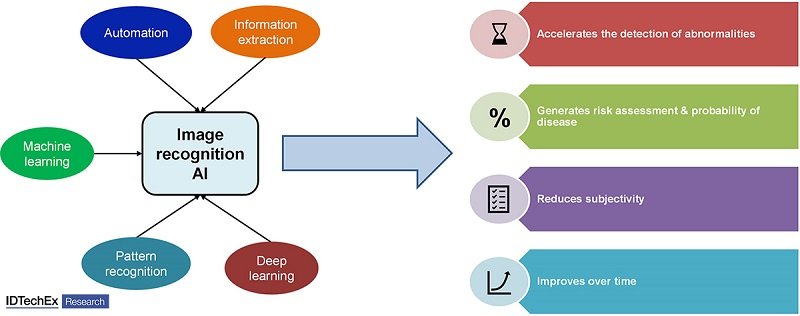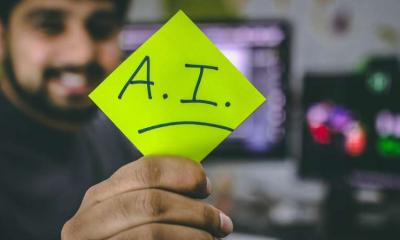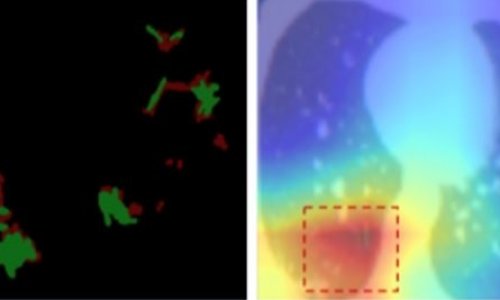News • After COVID
Can AI help to alleviate the patient backlog
Due to a chronic shortage of imaging equipment and skilled radiologists, hospitals have been plagued with a growing patient backlog for years. The sudden spread of COVID-19 in early 2020 has considerably exacerbated the issue as it forced the closure of “non-essential” radiology activities while dramatically increasing the number of patients requiring a scan. With over 850,000 MRI and CT scans still outstanding in the UK, patients are forced to wait over two months for a consultation and upwards of 30 days to receive their scan results.
Image recognition artificial intelligence (AI) represents a potential solution to this problem. This technology can help to compensate for the lack of qualified staff by extending the responsibility of diagnosis beyond just experts. AI enables trained radiologists of all levels to approach the analysis process with the same tools and skillset so that more resources can be utilized simultaneously, thereby boosting hospital productivity. To learn more, please refer to IDTechEx’s report “AI in Medical Diagnostics 2020-2030: Image Recognition, Players, Clinical Applications, Forecasts”.
In addition, AI accelerates the detection of abnormalities from medical scans by greatly diminishing reading times, sometimes by over 90%. This allows doctors to examine cases faster and see patients sooner, which helps to alleviate some aspects of the backlog.
The key issue is that as of November 2020, AI may not be widely implemented enough throughout hospitals to make a difference. Currently, most hospitals either use outdated computer-assisted diagnostics tools or only perform visual checks on medical scans. According to the IDTechEx report, uptake of image recognition AI in medical diagnostics currently sits between 1-20% depending on the disease area. The current level of adoption of AI may be too low to help alleviate the patient backlog.
The question is: With the growth of the patient backlog steadily accelerating due to COVID-19, will hospitals see the benefits of AI and finally embrace the technology? AI has already proved that it can help saturated hospitals cope with rising patient volume. For example, by March 2020, Infervision’s COVID detection AI software had been deployed in 34 hospitals in China and used to review more than 32,000 cases. The speed of the software provided much needed support. AI algorithms developed by Alibaba’s DAMO Academy and other groups reportedly detect signs of COVID-19 in under 1 minute. IDTechEx’s report “AI in Medical Diagnostics 2020-2030: Image Recognition, Players, Clinical Applications, Forecasts” benchmarks the technology of 60+ companies based on accuracy, speed, level of training and other parameters.
Ultimately, the extent to which AI can help address the patient backlog also depends on the way that the software is deployed. AI companies requiring the installation of hardware in hospitals may experience major delays in this time of social distancing. On the other hand, cloud-based solutions enable rapid roll-out, so AI companies can deploy software very quickly if needed. For example, Infervision’s COVID-19 detection software was made operational in an Italian hospital in under 12 hours at the height of the pandemic. The cloud-based approach is utilized by most AI companies, which suggests that the technology can be distributed on a large scale at short notice.
As things stand, AI has the potential to help alleviate the patient backlog exacerbated by COVID-19, but it has not yet reached enough hospitals to make a real difference. Adoption must rise quickly for this technology to make a true impact. Uptake will rise quicker than it would have if COVID-19 had never occurred, but it is likely to remain a gradual process over the coming months and years.
For more information on this report, please visit www.IDTechEx.com/AIMed
Source: IDTechEx
06.12.2020






